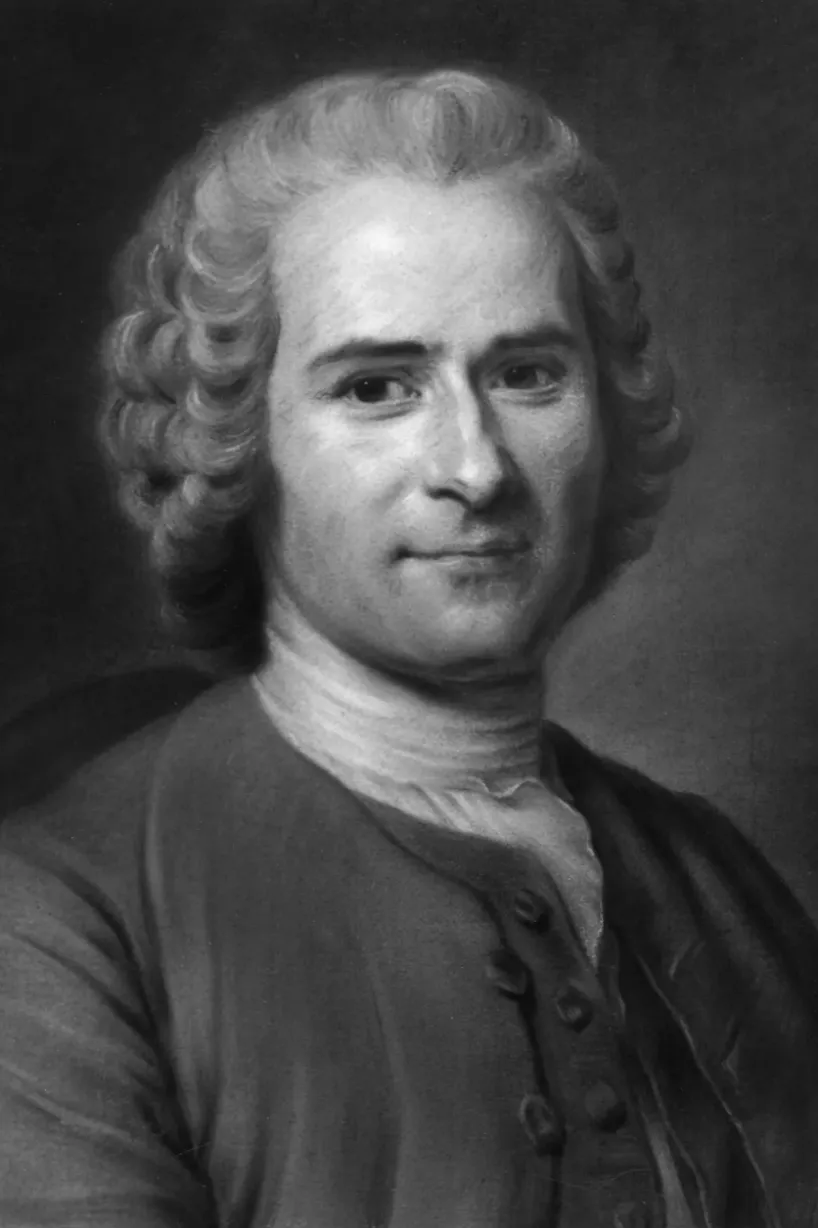
Personal info
Known for
Ultimate Talent
Gender
Male
Birthday
28 June
Location
Geneva, Switzerland
Edit pageJean-Jacques Rousseau
Biography
Jean-Jacques Rousseau was a Swiss-born philosopher, writer, and composer whose ideas deeply influenced modern political thought, education, and literature. A leading figure of the Enlightenment, Rousseau emphasized the natural goodness of humans and the importance of freedom, equality, and community in shaping moral societies. His works inspired revolutions in politics and thought, especially the French Revolution.
Early Life and Education
Jean-Jacques Rousseau was born on June 28, 1712, in Geneva, Switzerland. His mother died shortly after his birth, and his father, a watchmaker, raised him with a love for reading and learning. After his father was forced to leave Geneva, Rousseau was sent to live with relatives and later became an apprentice to an engraver.
At the age of 16, Rousseau left Geneva and began a wandering life across France and Italy, during which he educated himself and developed his ideas about society and human nature.
Career and Major Works
Rousseau moved to Paris in the 1740s, where he became involved with the leading intellectuals of the Enlightenment. However, his views soon diverged from many of his contemporaries. While other Enlightenment thinkers celebrated reason and progress, Rousseau believed that civilization often corrupted humanity’s natural goodness.
His first major work, “Discourse on the Arts and Sciences” (1750), argued that the advancement of knowledge had led to moral decay. In “Discourse on the Origin of Inequality” (1755), he traced the roots of social inequality to the development of private property.
Rousseau’s most influential political work, “The Social Contract” (1762), introduced the idea that legitimate government must be based on the general will of the people. He wrote, “Man is born free, and everywhere he is in chains,” expressing his belief that freedom and equality are natural rights that societies must preserve.
That same year, he published “Emile, or On Education”, a groundbreaking treatise on child development. Rousseau emphasized learning through experience and nurturing a child’s natural curiosity — ideas that continue to shape modern education.
Later Life and Death
Rousseau’s writings were controversial, leading to the banning of his books and forcing him into exile in Switzerland and later England. Despite these hardships, he continued to write and reflect on human nature and society.
He returned to France in his later years and lived quietly until his death on July 2, 1778, near Paris.
Legacy
Jean-Jacques Rousseau’s ideas profoundly shaped modern political philosophy, education, and social thought. His emphasis on democracy, equality, and individual freedom influenced revolutionary movements and thinkers worldwide.
In literature, his autobiographical work “Confessions” helped establish modern introspective writing. In politics, his belief in the sovereignty of the people laid the groundwork for modern democratic ideals.
Conclusion
Jean-Jacques Rousseau championed the idea that humanity is naturally good and that freedom and education are essential to preserving that goodness. Through his writings, he called for a return to simplicity, sincerity, and social justice — ideals that continue to inspire the pursuit of liberty and equality in the modern world.